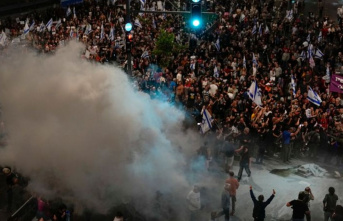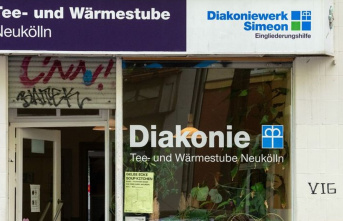My father was born in Sant Guim de Freixenet in 1917. As he was not the heir, he had to look for his life. At the age of twelve he was sent to Barcelona with some aunts, and before the age of fourteen he was already working as a baker. After losing the war he worked hard until, in the late 1940's, he married the daughter of a customs officer who lived a double life, had two daughters and was widowed when he was about to have them. a third. Overwhelmed by the situation, he left the girls to farm with his family and concentrated on finding a new wife. He found her in Vilanova i la Geltrú, married in Sitges in 1960 and they all moved to Barcelona, to Nou Barris, in a fifty square meter flat with a wife, mother-in-law and daughters. There I was born, the sixth on board.
Father Alcarràs would not have liked a drop. Perhaps she would have gone to see Virrey at the cinema with her western friends at the fruit stalls at the Mercè market, who were among the few Catalan-speaking neighbors and marketed peaches from family farms. But I am convinced that the reaction of the protagonist farmer would have strengthened him in his destiny as a knight. Carla Simón has portrayed a magnificent portrait of the rude caparrudesa of the abused peasantry, but the film provokes a huge paradox: it instills self-esteem in Catalan culture by showing our endemic lack of self-esteem. It projects in a very powerful way our colossal impotence as a people.
Beyond the Berlin tinsel, one of its side effects is that it has converted many of the country's auditoriums into screening rooms. In a few days I have given talks in two places (Edison in Granollers and the Center in Argentona) where Alcarràs had recently been screened. I have read that in many towns, especially in the West, rooms have been reopened thanks to the film. I think it's great, but my father and I would love it even more if the Astor, Dante, Horta, Maragall, Montserrat, Río, Rívoli, Venecia, Victoria or Virrey cinemas reopened, to name just the ones we had close to home. , to project a story as well told as that of Simon, but starring the people of the peasantry who had to seek life in the city, in a rugged jungle of cement where many gentlemen and maids brandished the plural prefix and the verb to serve. Inland immigrants who have maintained their language and culture there. In Nou Barris, Sants, Gràcia, Horta, L’Hospitalet or Sant Andreu.
4












